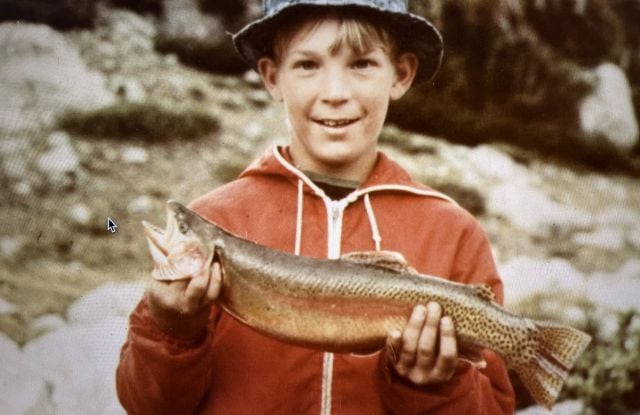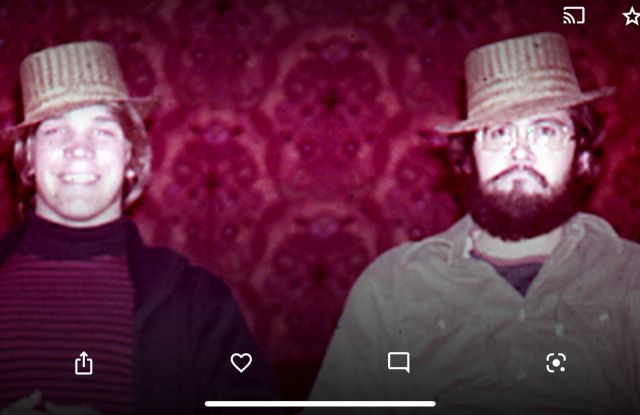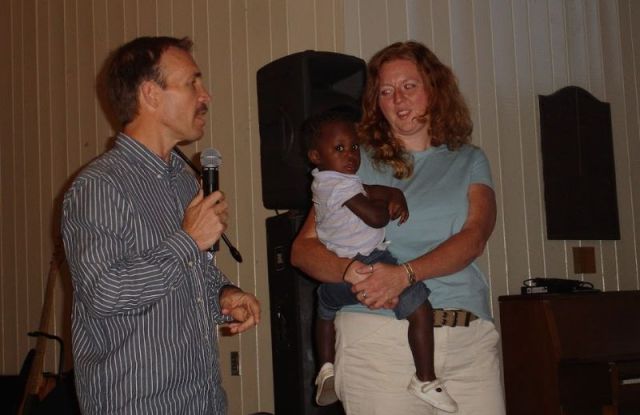Cambodia’s Killing Fields was the greatest social justice cause of my generation. When the call went out to help the hundreds of thousands of Khmer refugees pouring into Thailand, I was among the first to enlist. It didn’t matter that I was 21 and leaving behind everything that was important to me. Something had to be done.
The refugees we served in the Prasat refugee camp needed so much, but the first thing they needed was food and shelter. We helped put them back on their feet economically by setting them up in business as pig and chicken farmers.
And so, after graduating, off I went to Indonesia and then the Dominican Republic to start microenterprise organizations that would help me live out those same economic development principles.
The organizations I helped start became successful, creating thousands of jobs for the poor by loaning money to small businesses. But I had to ask, “After these people have grown their companies and created new jobs, then what? Was this God’s point or is there more?”
Karen was pregnant with our fifth child and all we had was Medicare. I needed more than just another dollar; I needed encouragement in the worst way. And God showed me that he cared enough to speak to me and to make our relationship that I always assumed to be personal something that I would be prepared to die for.
The experience took a couple of years to work its way through me, but it changed me at my core – it changed my identity and purpose. I realized from the inside out that Jesus didn’t come to give us a better social justice program; I realized what he meant when he declared he’d come to set the captives free. Free from lies, free from stale religion, and free from anything less than a red-blooded relationship with him.
I saw that the name of Jesus really does have power. I experienced the reality of prayer – its power to connect man to God’s presence, voice and direction. And in that connection, I learned, is the answer to every other social justice issue of life. It’s not an afterthought; it’s the starting place. Every orphan needs a mother’s love and every refugee needs a home, but without Jesus at the center, the world’s social programs are hollow.
Years later when I was leading a team of 900 young people to bring an ethic of abstinence to the most HIV-infected country in the world, God reminded me of what he’d shown me years earlier: “Woe to me if I don’t preach the gospel.”
We were partnering with a governmental organization and we were told to not share our faith as we taught in schools around the country. But abstinence by itself, untethered to Jesus and his gospel of hope, was half a loaf. We were there because of him and he needed to be at the center of our efforts.




Thanks Seth. I admire your courage. Sleep well. Blessings and always….
Here’s one guy in Idaho who is so grateful you can’t go back. I’m with you man!
Thanks for the reminder to keep my eyes fixed on Jesus as I start making my way down this road behind you!
Good words. I am blessed by God through this.
I always appreciated the vulnerability you show both on this blog and in our personal conversations. It helps me to be vulnerable not only in community but also with God. Thanks Seth.